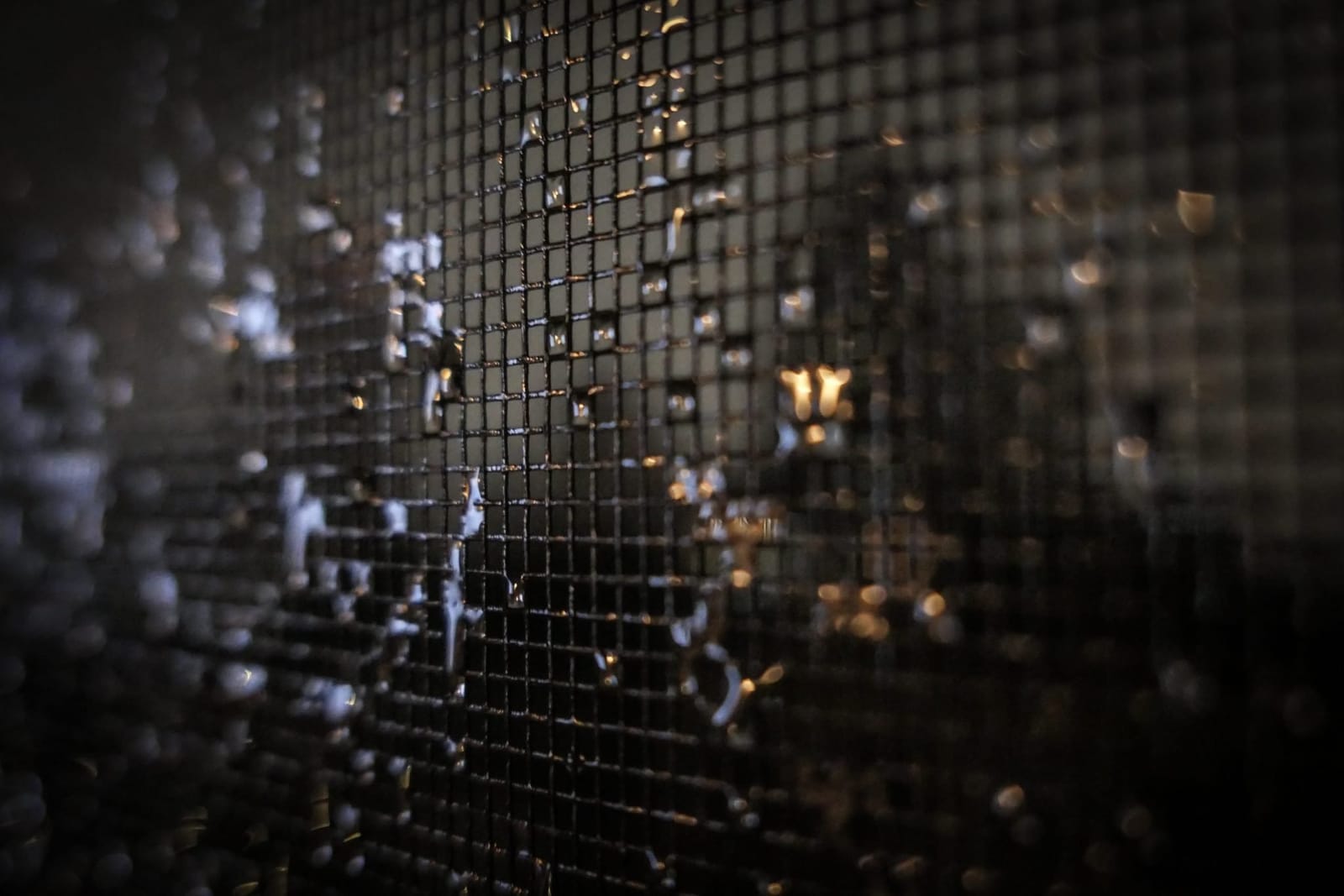The heat is finally ending tonight. The rain came an hour ago, and C. says it feels like a fever’s breaking. News about the climate crisis tends to focus on high temperatures, not the lows. But since the 1990s, the average nightly temperature has been rising faster than the daytime highs. And these nights have felt so heavy, like the way an old man steps out of a bodega with a tallboy of beer in a damp paper bag and says, “Oh Lord.”
Sometimes C. and I debate whether we’d rather live in ferocious heat or subzero cold. She always chooses the cold. “You can put on a jacket,” she says, “but you can’t take off your skin.”
They buried John Lewis today. The New York Times published an essay he wrote just before he died. I can’t imagine the sensation of writing beyond my death, hoping its timing might capture the attention of a nation busily tearing itself apart. “While my time here has now come to an end,” he begins. And: “Ordinary people with extraordinary vision can redeem the soul of America by getting in what I call good trouble, necessary trouble.” His essay appeared alongside news about the collapsing American economy and how it might not bounce back. A former presidential candidate who dismissed the pandemic died of the virus this morning. A hurricane named Isaias formed in the Caribbean this afternoon, and it threatens to roll up the eastern seaboard. Meanwhile, our current president suggested delaying the election. Although this is unlikely, the table is set for chaos in November.
I flipped to where I’d left off in Octavia Butler’s The Parable of the Sower. The synchronicity knocked me sideways as the narrator prepared her friend to get ready for inevitable upheaval: “We can get ready. That’s what we’ve got to do now. Get ready for what’s going to happen, get ready to survive it, get ready to make a life afterward. Get focused on arranging to survive so that we can do more than just get batted around by crazy people, desperate people, thugs, and leaders who don’t know what they’re doing!”





